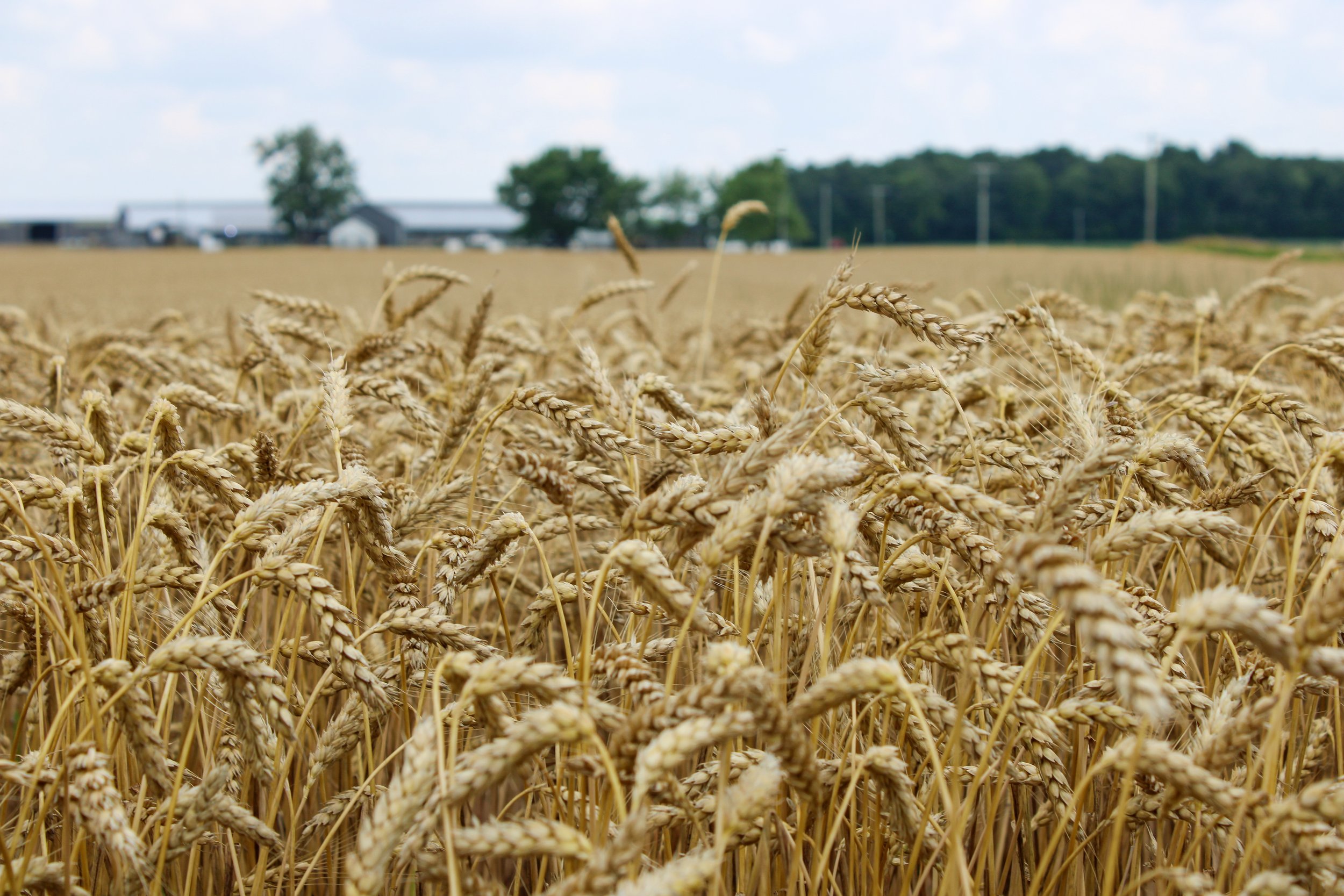
23% Potassium Acetate Liquid Fertilizer
K-Ace, the 23% Potassium Acetate Liquid Fertilizer from CultivAce, is specifically formulated to correct potassium deficiency. Potassium is an essential nutrient that plays a crucial role in various physiological processes, including increased sugar and carbohydrate production, efficient transport and storage, and optimal water transpiration. Potassium can be strategically applied at key growth stages, such as prior to flower and bud formation, and during fruit, nut, pod, and vegetable development and sizing.
K-Ace proves highly effective in correcting potassium deficiency. Potassium availability can be affected by specific factors, such as high calcium applications, high nitrogen fertilizer applications, low soil moisture, compacted soil conditions, low soil temperature, and dry soil environments. K-Ace provides crops with an external supply of potassium to prevent potassium deficiency.
Functions of Potassium as a Nutrient
Cell Wall Development: Potassium is crucial for robust cell wall development in plants. Adequate potassium levels contribute to plant cells' structural integrity and strength, resulting in improved plant architecture and resilience. Strong cell walls provide support and protection, enhancing plant structure and overall crop quality.
Controls Opening and Closing of Leaf Stomata: Potassium regulates the opening and closing of leaf stomata, small openings on the surface of leaves that facilitate gas exchange and water vapor release. Proper stomatal control ensures efficient water regulation, helping plants maintain optimal hydration levels and minimizing water stress.
Water Transpiration: Potassium influences water transpiration, the process by which plants release water vapor through their leaves. Balanced potassium levels support healthy transpiration rates, contributing to effective cooling mechanisms, nutrient uptake, and overall plant health. Proper water transpiration helps plants withstand heat stress and maintain optimal physiological functions.
Sugar & Carbohydrate Production, Transport, and Storage: Potassium is directly involved in the production, transport, and storage of sugars and carbohydrates in plants. It promotes the synthesis of vital energy-rich compounds, such as glucose and starch, which fuel various metabolic processes. Adequate potassium levels ensure efficient sugar production, facilitating energy transfer and supporting overall plant growth and productivity.
By incorporating K-Ace 23% Potassium Acetate liquid fertilizer into your commercial liquid fertilizer program, you can correct potassium deficiency. Potassium as a nutrient can promote plant vigor, improve water regulation, and enhance crop productivity. CultivAce's commitment to excellence and our premium-quality potassium acetate liquid fertilizer ensure that you have access to a reliable solution to meet your crop's potassium requirements, ultimately correcting potassium deficiency.
Soil factors that can prevent potassium uptake:
High calcium applications
High nitrogen applications
Low soil moisture
Compacted soil
Low soil temperature
Dry Soil
Benefits of potassium as a Nutrient
Increased sugar and carbohydrate production, transport, and storage.
Regulates opening and closing of leaf stomata.
Enhances water transpiration.
Promotes cell wall development.
Supports optimal plant growth and productivity.
Downloads
Trials
2014 Hazelnut Trial | Download
Guaranteed Analysis
General Use Recommendations
DILUTION: Field and row crops: 10 to 20 gallons by air, 10 to 40 gallons by ground. Tree crops: concentrate 50 to 100 gallons, dilute 100 to 500 gallons.
NET CONTENTS: 2.5 GALLONS (9.46L)
Net weight 27 pounds (12.27kg)
Suggested Uses
(rates par acre)
Crops such as, but not limited to:
POTASSIUM ACETATE 0-0-23
- Soluble Potash (K2O) ... 23.0%
10.8 lb/gal @ 68℉
COMPATIBILITY: This product is compatible with most pesticides, however, it is not possible to test all pesticide mixes. A jar test is recommended before use.
Alfalfa, hay and other forage crops :: 2 – 4 quarts after early spring growth, and after each cutting.
Apples, cherries, peaches, almonds, walnuts, pears, stone, pome fruits, citrus and nuts :: 1 – 4 quarts per acre at 2 to 4 week intervals.
Barley, oats, wheat, rice, and other small grains :: 1 – 4 quarts – Apply at tillering, early boot and flag leaf emergence.
Beans, peas and other legumes :: 1 – 3 quarts – Apply at early bud, repeat after bloom.
Cabbage, broccoli, carrots, onions, tomatoes and other vegetables ::1 – 4 quarts – Apply when growth is 4 –8” high. Repeat every 2 weeks as needed.
Corn, field and sweet :: 1 – 4 quarts – Apply when 10 – 20” high, repeat in 2 – 4 weeks as needed.
Sugar Cane :: 1 – 4 quarts per acre.
Grapes :: 1 – 4 quarts – Apply pre-bloom and post-bloom as needed.
Potatoes :: 1 – 3 gallons – Apply at tuber initiation, repeat in 2 – 4 week intervals.
Raspberries, blueberries, strawberries, blackberries :: 1 – 3 quarts – Apply pre bloom repeat every 2-4 weeks.
Grasses grown for seed :: 1-4 quarts. Apply at early boot and flag leaf emergence, and every 2-3 weeks.
Turf :: 2-8 ounces per 1000 square feet.
Information regarding the contents and levels of metals in this product is available on the internet at http://www.aapfco.org/metals.htm
CAUTION: KEEP OUT OF THE REACH OF CHILDREN, HARMFUL IF SWALLOWED
NOTICE: Manufacturer makes no warranties, expressed or implied. The buyer assumes all risks associated with the use of this product. In the event of damage resulting from a breach of warranty, the buyer agrees to accept a refund of the purchase price as full discharge of the manufacturers liability.




